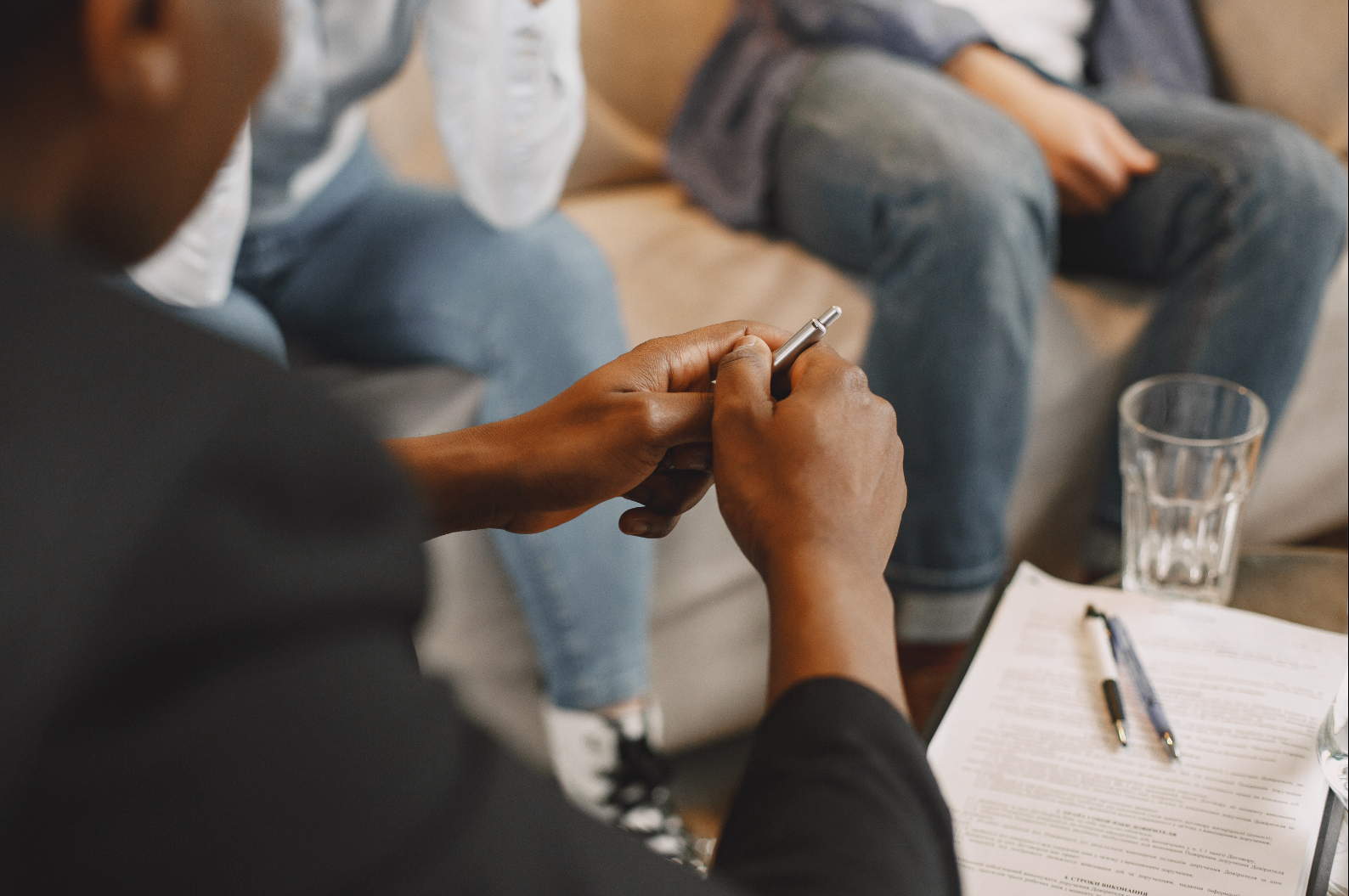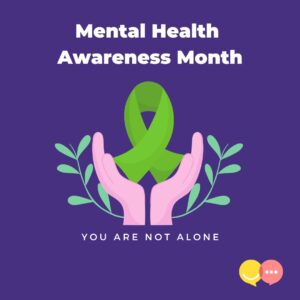Going to individual therapy is daunting. Going to therapy with your partner or spouse may feel even more stressful. What is couples therapy about?
How can I encourage my partner to come to couples therapy?
Therapy is based on the principle of voluntariness. If the you don’t want to be in therapy, you won’t engage nor will you benefit from it. Competent therapists will not work with a resistant client. They may, instead, suggest some other more suitable options.
You shouldn’t try force or threaten your partner to attend joint sessions. You can explain your position and desire for couples work. If your partner is still reluctant, explore their reasons. What are their obstacles? Is it too unfamiliar? Too costly? Are they already, in their mind, leaving the relationship and not willing to invest?
Sometimes it is helpful to schedule a session alone with a couples therapist. You can use the session to explore the reasons why your partner is not willing to join. There may be something that you can do on your own to improve the relationship. Occasionally, your therapist may ask your partner if they are willing to speak with them on the phone briefly. This allows your partner to tell their side of the story. This phone call may create a bridge that makes your partner comfortable with attending joint sessions. This does not always happen and not all couples therapists will offer this option.
If your partner is thinking about leaving the relationship, they are unlikely to be keen on relational work. You could discuss attending a discernment counseling session, instead. Discernment counseling is a structured time-limited approach for mixed agenda couples. Mixed agenda couples have usually one partner who is motivated in making the relationship work. The other partner, on the other hand, is leaning out of the relationship and thinking about ending it.
How are the sessions usually structured?
Most couples therapists will first do an assessment before starting couples therapy. The therapist will first see the couple for a joint session. They will want to hear about the reasons that have brought you to therapy. They will also observe the interaction between the two of you.
Then, the therapist will meet both of you individually. The therapist will want to learn more about each partner’s perspective. They will also want to know about, for example, family history, past relationships and traumatic experiences. The therapist is collecting a great deal of information in order to assess whether or not couples therapy is appropriate in your case.
Sometimes the couple will also complete a questionnaire. These questionnaires give therapists additional and in-depth information in a time-efficient manner.
During the fourth assessment session the therapist will summarize their observations, thoughts and understanding about what is happening between the two of you. They may describe the strengths of the relationships as well as the areas of concern. Or, they may focus on describing the dynamic between the couple.
At the end of the joint session the therapist will make a recommendation about the best way forward. They may suggest couples therapy, but sometimes other options, such as a referral to individual therapy, may be discussed.
How do we know if we need couples therapy?
The rule of the thumb is that if one partner has a problem in the relationship, then there is a problem in the relationship.
If you are unsure as to the best way forward, you can book the first appointment with a couples therapist. After the assessment, they will advise you if couples work is the best option. Sometimes, they may be able to tell you already during the first assessment session if relational work is not the best way forward.
Not all couples need couples therapy and your therapist will listen to you about your concerns and make the most appropriate suggestions. They may suggest some resources, such as books, videos or workshops.
I’ve only been with my partner for three months. Does it make sense for us to seek couples therapy?
If something external to your relationship, for example, an accident or an illness has happened and you notice it impacting your relationship, it is a good idea to speak to a couples therapist. Also, if the issues you are facing are relatively minor, do go ahead and speak to a therapist. However, if after just three months you are facing significant challenges, you may wish to consider the long-term viability of your relationship.
The early months of the relationship should be a lovely limerence stage filled with mutual romantic feelings. This stage is important as it gives your relationship a good beginning that will give you motivation and strength when life becomes challenging. Without a good beginning your relationship starts at a disadvantage.
If the early days of your relationship are filled with volatility, emotional upheaval or boundary crossings, ask yourself why are you holding onto this relationship. You can most certainly see a couples therapist but you may want to think long and hard how much work you are willing to put into a fresh relationship. In this situation an individual session with a therapist is more appropriate.
It is better to end a relationship sooner rather than later if it is not working out. Breaking up after three months is not nearly as painful as breaking up after 18 months.
I’m worried that couples therapy will lead to a separation.
Your concern shows that you are committed to your relationship. This commitment will be a great asset if you start couples therapy. However, your worry suggests that you may be concerned that things are not going well between the two of you. Is your partner, perhaps, talking about ending the relationship?
A couples therapist doesn’t make decisions about the future of their client’s relationships. You and your partner decide the future of your relationship. If you are in an abusive relationship, if your partner is engaged in an on-going affair, or has an untreated addiction, the therapist will talk to you about how you can and should keep yourself safe. It is their duty to make sure that therapy doesn’t make things worse for you.
The truth about relationships is that both parties are needed to form one but one partner can unilaterally end it. Couples therapy with a competent clinician will not end a relationship as it would have happened, anyway. Good couples therapy can, on the other hand, save a relationship from break up. If your relationship is nearing its end, having support from a relationship therapist can make the process easier. It’s hard to talk about tough life circumstances and life changes. Getting help in the process can change the outcome, or at least make the experience easier to bare.
Should your relationship end, your therapist will help you see that an end of a relationship is not failure. Rather, the relationship has been completed and now it is time to let go and create a new path in life.
What if someone we know sees us in the waiting room and learns that we have relationship issues?
Your acquaintance is not going to know exactly why you are in the waiting room. You may be there because you are there to support your partner who is going through a tough time. Or, maybe you are seeing a couples therapist because your relationship is good but you want to have a great relationship. Now that’s a thought!
Most people think mostly about themselves and their own problems. Your acquaintance is at the clinic to get support for some of their difficulties. They will mostly think about that. Or, they will wonder what you will be thinking of them!
Seeking help is nothing to be ashamed of. It takes courage to ask for help. Both you and your acquaintance have made a great choice. Say hello and smile and have a great session.




